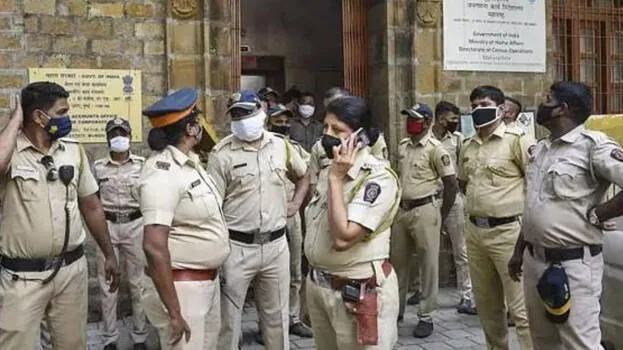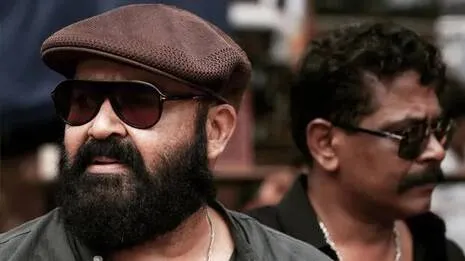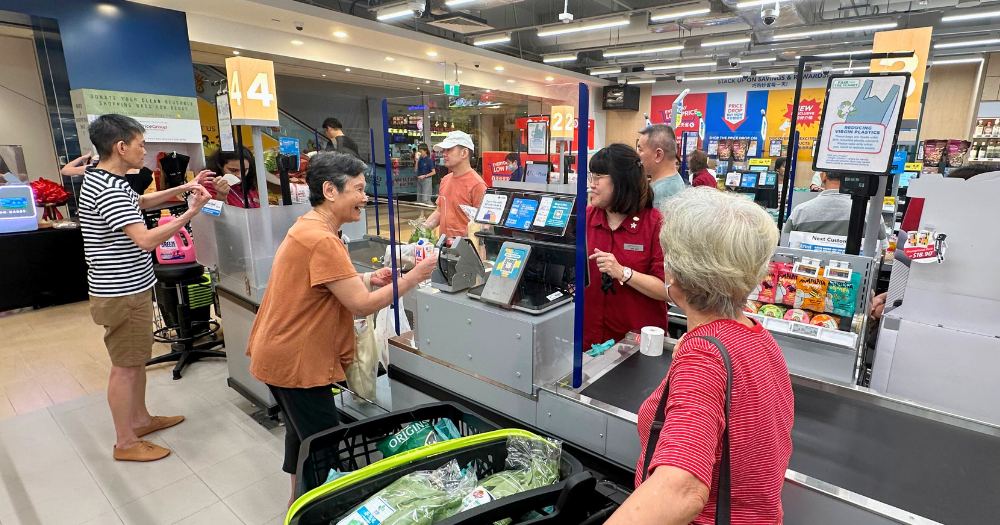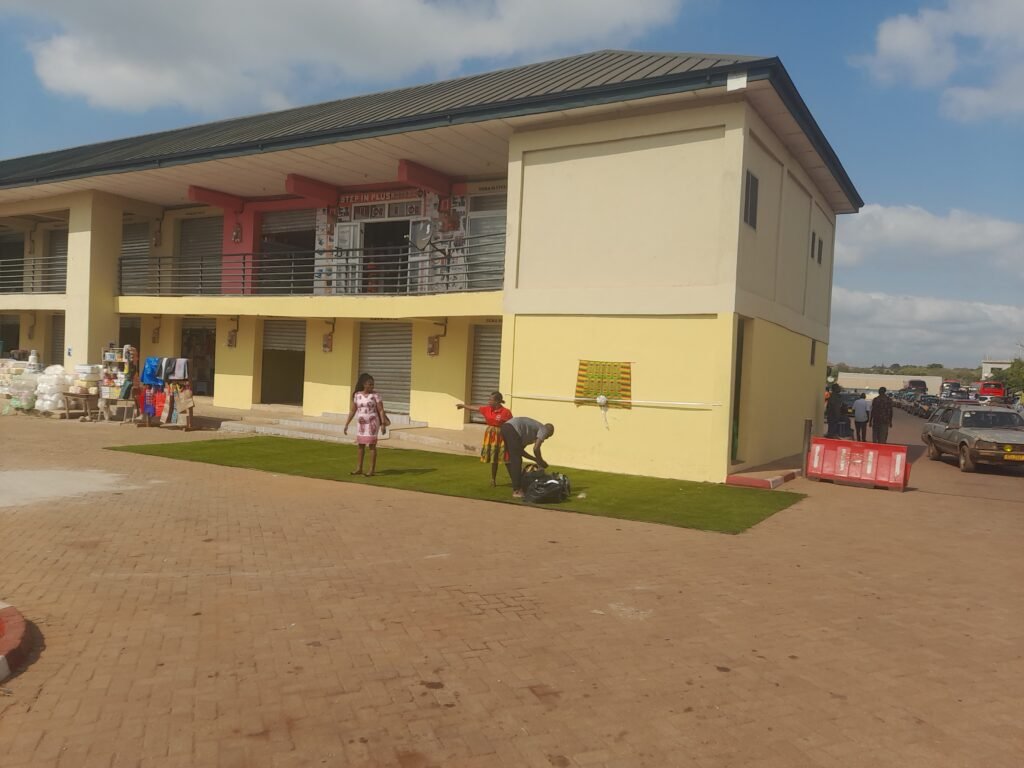
By Choe Chong-dae On Nov. 6, the Embassy of Azerbaijan in Seoul hosted a special event to commemorate Victory Day, observed annually on Nov. 8.
The event was attended by many dignitaries, foreign ambassadors, and representatives from Korea's political, economic, scientific, and cultural sectors, as well as members of the Azerbaijani diaspora. It provided an opportunity to reflect on Azerbaijan's military triumphs, cultural heritage, and its growing diplomatic role on the world stage. The celebration marked two significant milestones: the 2020 military victory during the 44-day Patriotic War and Azerbaijan's enduring cultural legacy.
The war, under the leadership of President Ilham Aliyev, resulted in the liberation of Azerbaijan’s occupied territories, including Garabakh, and brought an end to decades of displacement for hundreds of thousands of Azerbaijani citizens. Mr. Ramin Hasanov, Azerbaijani Ambassador to Korea emphasized that the victory was not just a military achievement for the restoration of territorial integrity and a step toward healing for those affected by the conflict, but a triumph of justice and international law However, as Ambassador Hasanov noted, Azerbaijan remains committed to peace.
While the victory was a turning point, the country continues to pursue diplomatic dialogue with Armenia, focusing on soonest conclusion of the peace treaty negotiations as well as advancing border delimitation and demarcation. Efforts to rebuild the war-torn regions of Garabagh and Eastern Zangezur are also central to Azerbaijan’s post-war agenda, with a focus on demining, infrastructure reconstruction, and providing a better future for citizens. The event in Seoul celebrated Azerbaijan’s modern achievements while offering a moment to reflect on the country's rich cultural history, spanning millennia, showcased through a display of historical books.
A standout feature of this heritage is the ancient petroglyphs of Gobustan, near Baku. These rock carvings provide glimpses into prehistoric life, capturing scenes of daily activities and spiritual beliefs of early societies. As a UNESCO World Heritage site, Gobustan underscores Azerbaijan’s significant role in the development of Eurasian civilizations.
This heritage resonates in Azerbaijan’s modern diplomatic ties. Between 2009 and 2011, archaeological excavations in Gabala uncovered precious artifacts strikingly similar to those from Gyeongju, Korea, the ancient capital of the Silla Dynasty, suggesting early cultural exchanges along the Silk Road. These discoveries led to a sister city partnership between Gabala and Gyeongju in 2015, further solidifying the historical ties between Azerbaijan and Korea.
Another important cultural bridge is the work of Nizami Ganjavi (1141–1209), Azerbaijan's legendary poet and philosopher. His epic love poem Leyli and Majnun, recently translated into Korean, offers a window into Azerbaijani classical literature and fosters cultural exchange and understanding. As Azerbaijan continues its post-war recovery, it is also strengthening its diplomatic presence on the global stage.
One key example of this is the country's role as the host of COP29 in Baku, from November 11 to 22. This event highlights Azerbaijan's dedication to addressing climate change, promoting peace, and advancing sustainable development. The evening’s festivities, including a gala dinner and a performance by Korean jazz musicians, underscored the importance of cultural exchange.
The concert, blending world music with Azerbaijani melodies, fostered a harmonious environment for celebrating Azerbaijan’s history and role as a bridge between East and West. Ultimately, Azerbaijan’s Victory Day celebration in Seoul was not only a tribute to military success but also a reflection of the nation’s resilience, commitment to peace, and vision for a prosperous future. Azerbaijan’s strength lies in its ability to rebuild, engage diplomatically, and honor its deep historical roots as it moves confidently toward a new chapter on the global stage Choe Chong-dae (choecd@naver.
com) is a guest columnist of The Korea Times. He is president of Dae-kwang International Co., and founding director of the Korean-Swedish Association.
.














